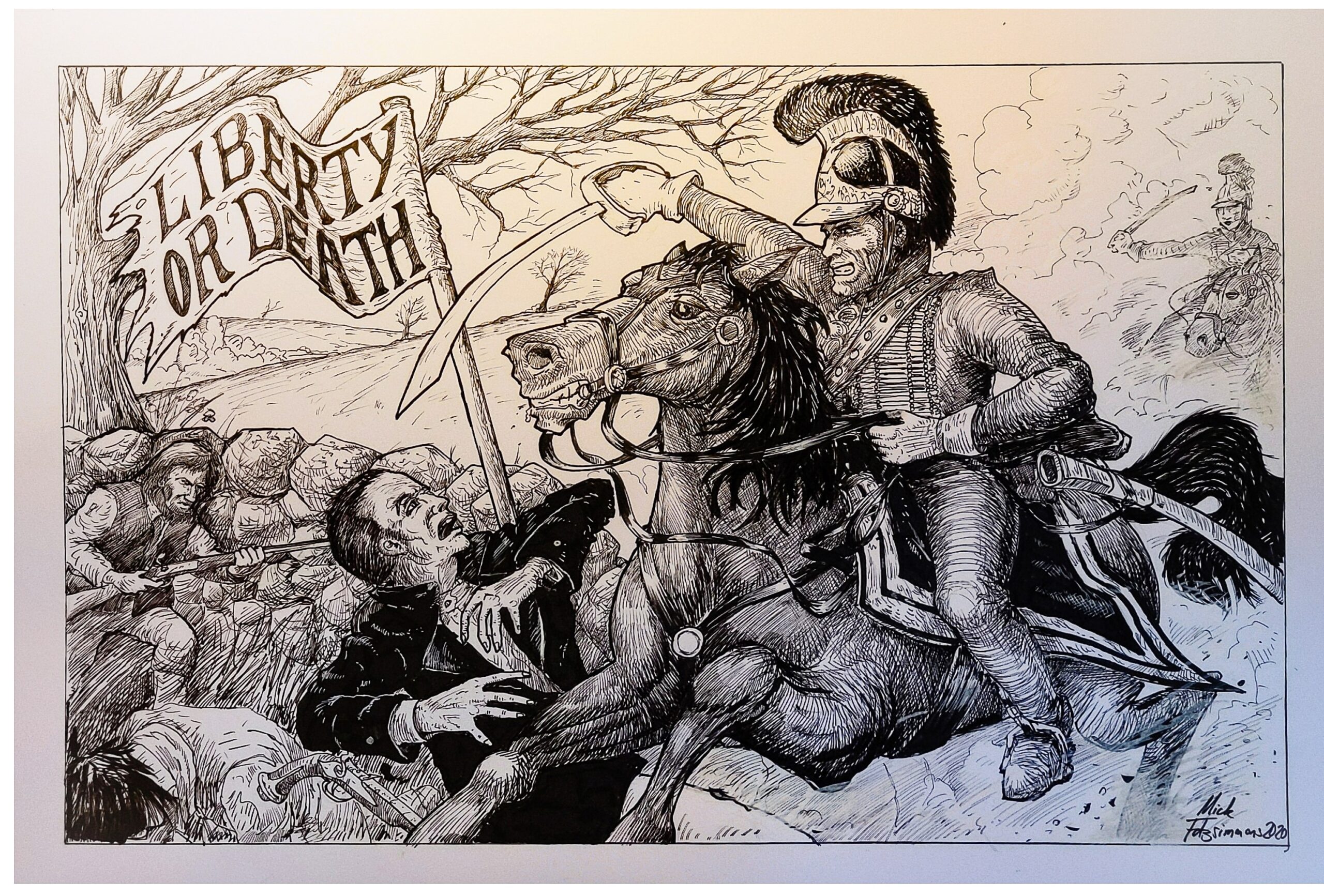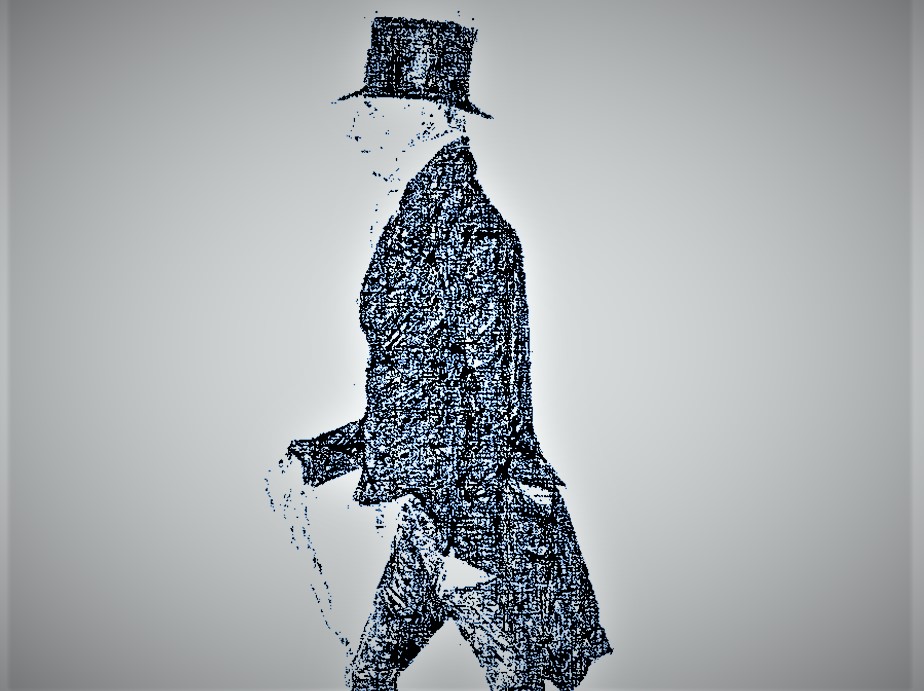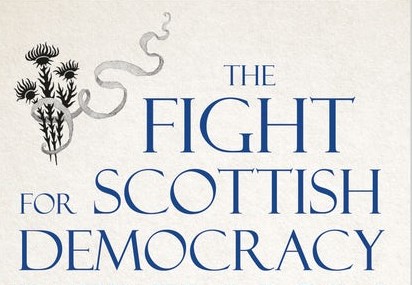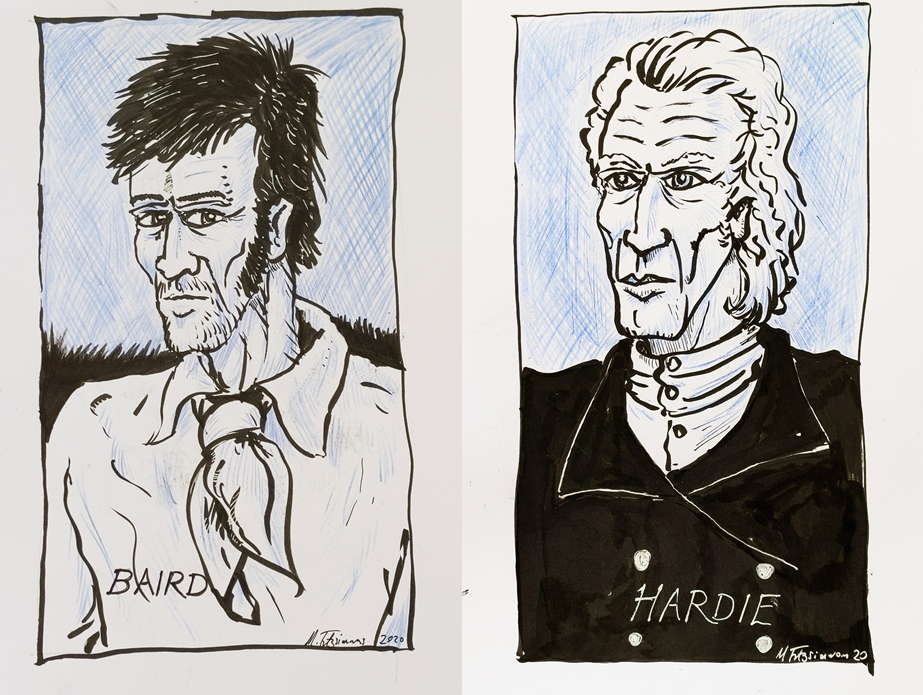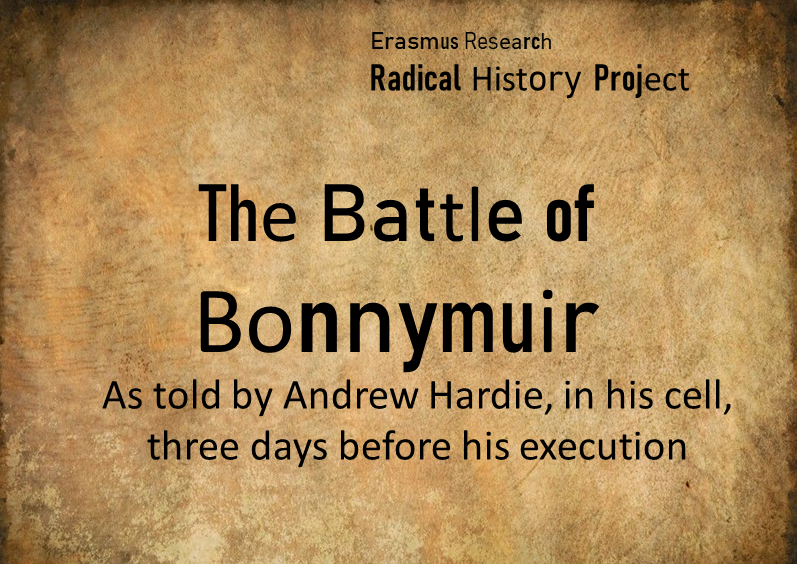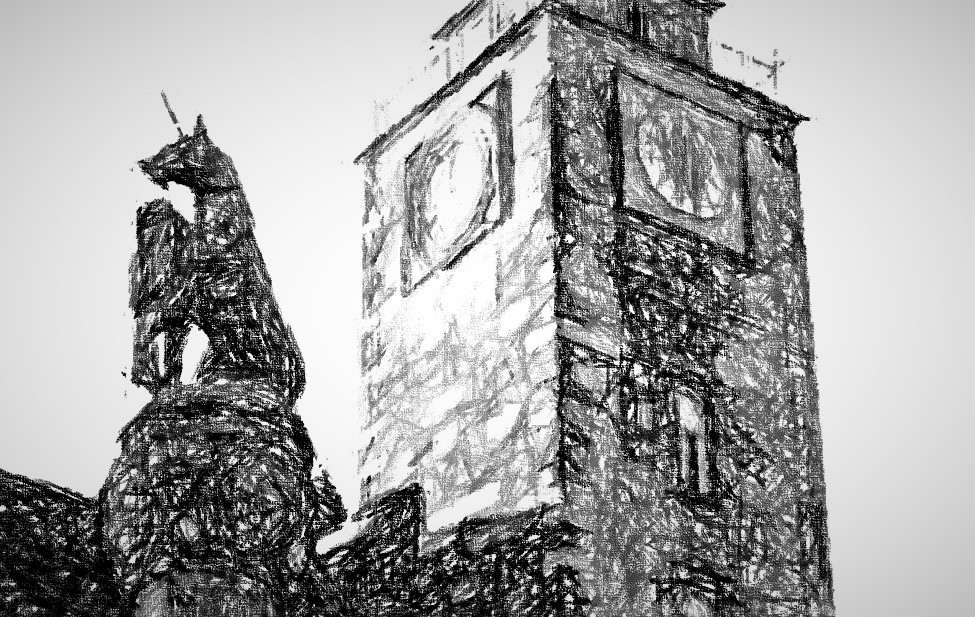
Chapter XI – 1820
This is the first section of Chapter XI of the serialisation, the wording reproduced exactly as it appeared in the Stirling Sentinel, on Tuesday 23rd April 1889.
Continuation of Mr Jeffrey’s Address to the Jury – His Eloquent Peroration – No Witnesses for the Defence – The Lord President’s Charge – Verdict of the Jury
Mr Jeffrey, towards the close of his able speech, summarised the facts of the case from his point of view. It is supposed (he said) they (i.e. the Radicals) went out in obedience to this proclamation, and in particular the part which relates to the soldiers; and yet you are asked to believe that the party which was to seduce them were the actual aggressors in this hopeless conflict. But what do they do, according to the statement of the other party? They march, avoiding all interference with those whom they want to overthrow, by sneaking along the canal; and when their object is frustrated, they go to a desolate part of the moor, where there was nobody to conquer, but where they could go to hide till they could steal back to the city from which they had come. Does this show that they intended to compel a change of government? Or is it not referable to the minor offence of going out to escort a body of reformers to what may be called illegal meetings, where seditious speeches were to be made, and absurd, ridiculous and pernicious resolutions come to? What reason do you have to suppose but that they were armed against the police, which had threatened their dispersion; which would have been a riot, but which certainly would not have amounted to treason.
Gentlemen, that is the way they were found; and let us see a little more particularly how this unhappy catastrophe was brought about. They met a person on the road, and one of them asked for his arms; they were not very resolute, for they allowed the man to walk away unhurt in his person, after a little parley. Then they encounter a hussar; they stop him and one man asks for his arms; that was stated to you distinctly not to have been the prisoner at the bar; it was stated to be a person who was in the battle, who he thinks escaped and is not in custody at all. Now, this is no proof of that being done for a common purpose, for another man of the party interfered and said “You shall not take his arms” and it was carried so; and therefore you are not to attribute the professed act of one as a common act in which the others are involved, when it appears clearly that they dissented.
They have a colloquy with him, and he counterfeits an affection for their principles and sympathises with them for their distresses, which he sees are the probable cause of their melancholy speculation, which would be ludicrous if it were not for its example, and the consequences it has brought upon its authors. The handbill is then given to Cook and word is carried to the troop at Kilsyth that armed men are parading the country, and a party is sent out. I do not mean to arraign the conduct of these persons; but I think there is rather scanty evidence to warrant their taking these men prisoners. I have no doubt they acted honourably, and with use to the public; but it was without authority, and all that had been seen were six armed men. I think that was too equivocal to justify a war on the part of the military; but I do not dwell on that.
The important thing is that this troop sought the party, and the party did not mean to seek the troop. It is evident that their object was escape, and the object of the troop was apprehension and seizure. That is pretty manifest from the way in which they came forward; and therefore, gentlemen, what position were those men placed in acting, I think, wickedly and foolishly in the highest degree: but I do submit to you, from their conduct in this stage of the business, as well as in all the former, not proved to have been acting in furtherance of a treasonable object.

It is clear beyond all possibility of dispute, that when the military came in sight, their acting was in self-defence, and not an invasion of the troops to overthrow the Government. It was in order, plainly, and for no other purpose than to prevent their apprehension and seizure by a body of armed men, that they made resistance. From the panic which the sight of these soldiers threw them into it was quite plain, and no man of common sense can view it otherwise, that this was not a voluntary aggression on their part, but was a mere resistance of persons in an attempt to apprehend them for what they had before done; and if they had not before committed treason the whole conflict on the field is referable to the mere fear of arrest by questionable authority.
Now, can it be denied that men coming up at a hard gallop and brandishing their swords might inspire them with fear that instant violence was intended and that they had no resource but in a desperate resistance; though, if they had known who commanded the troop, they might have been assured, from his aspect, they would have been met with protection and quarter, which all their violence could not induce him to refuse. But, gentlemen, they did not think so; and, in their rank of life, and with their feelings, and their diet of whisky and porter, which was the diet of the preceding night, it is not to be wondered at that they should act with violence. But that is not the point; the point is whether the history of the arrest affords any evidence of a treasonable purpose if it is not proved antecedently by preceding act?
And, I say, without a shadow of doubt on that point, that if you are not satisfied they were guilty of high treason before, that was not an act of high treason. It must have been consummated before if that act is in furtherance of it; nay, if it is held to have existed before, that was not an additional act of treason; and if you think it existed before, it is only upon the overt act, constituting the previous treason that you can now convict. You cannot believe the actual conflict to have been undertaken from a treasonable motive; their motive was to all human sense, and every man must see and feel it, a desperate attempt of a parcel of men surrounded, to escape from apprehension for their former conduct, and if they had been treasonably employed before, their acting then was merely resisting their apprehension, a case, which cannot be stated as an act of treason; but if they had only been guilty of a minor offence, and if anything else was the amount of their guilt, and they went out to protect themselves from arrest, it may be illegal and criminal, but it is not treasonable.
I say the resistance to this alarming arrest and the resisting the officers of justice, is not an act of treason; and therefore, gentlemen, great as the popular aggravation is that the case receives from this act, I end my statement of the evidence by representing that unless you are satisfied, from the other parts of the case, that there are sufficient indications of a treasonable purpose, you can receive no evidence of that treason from the event of the field, and that the treason, if it existed, must have been complete before, and could not be created then.
To be continued…

